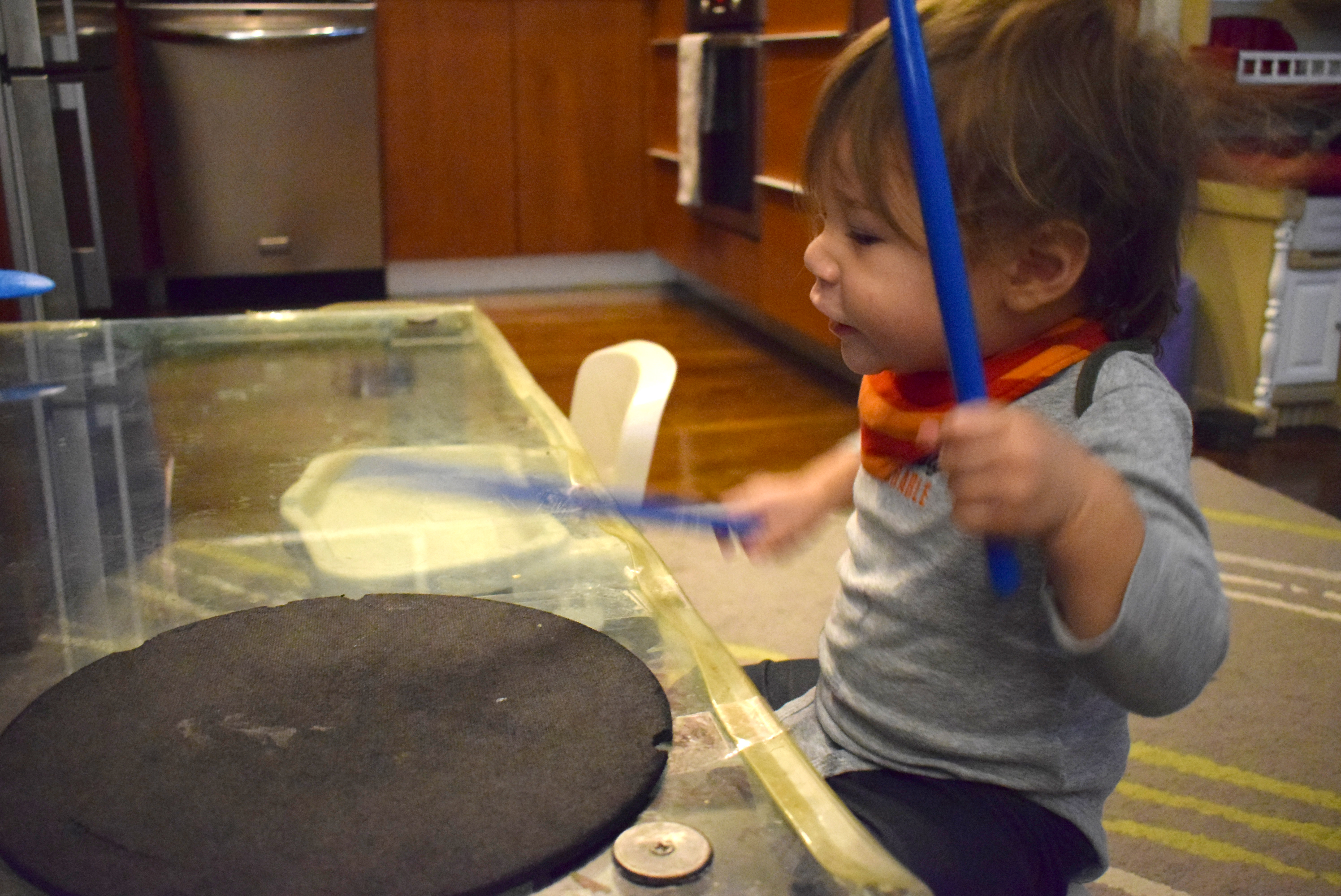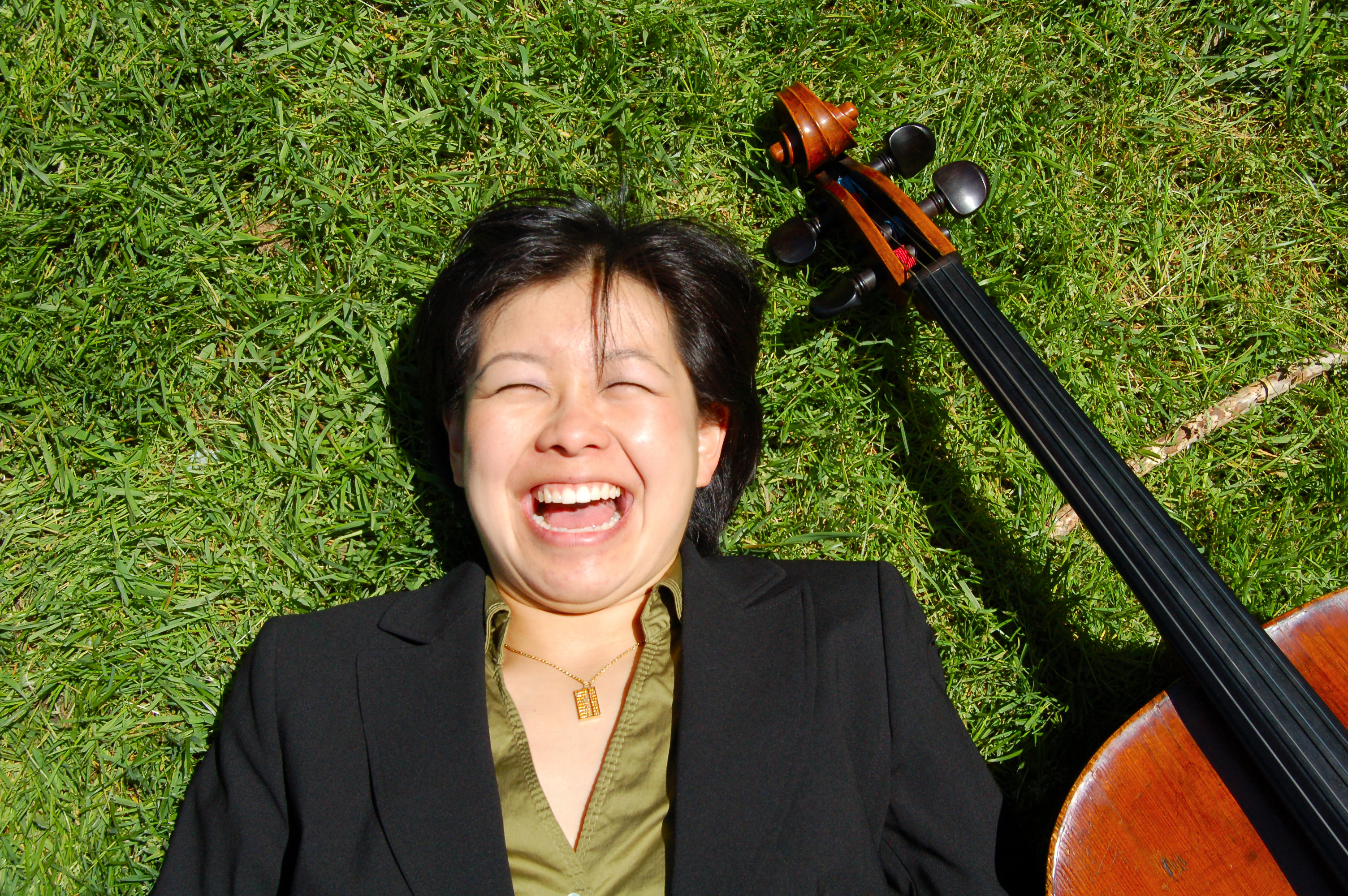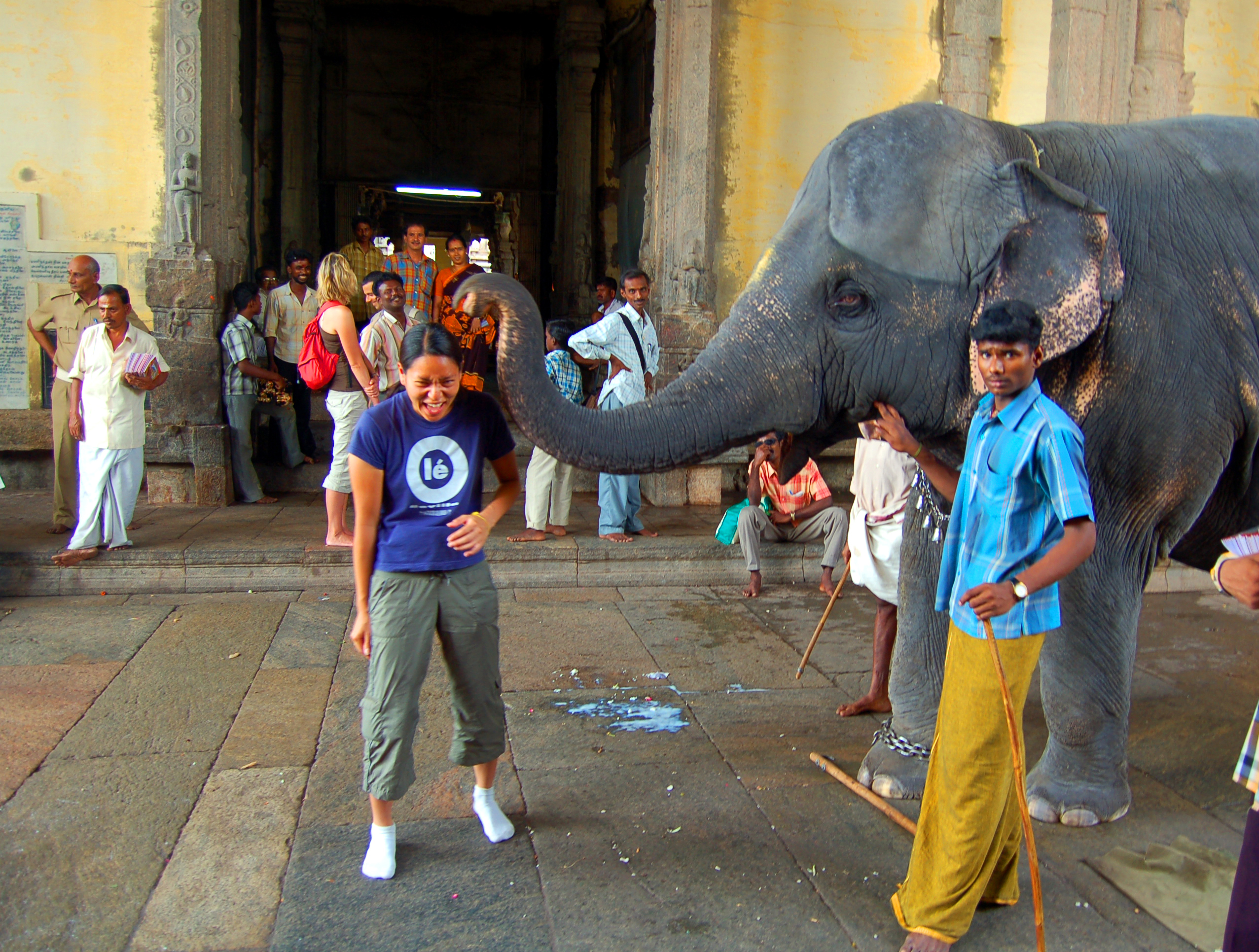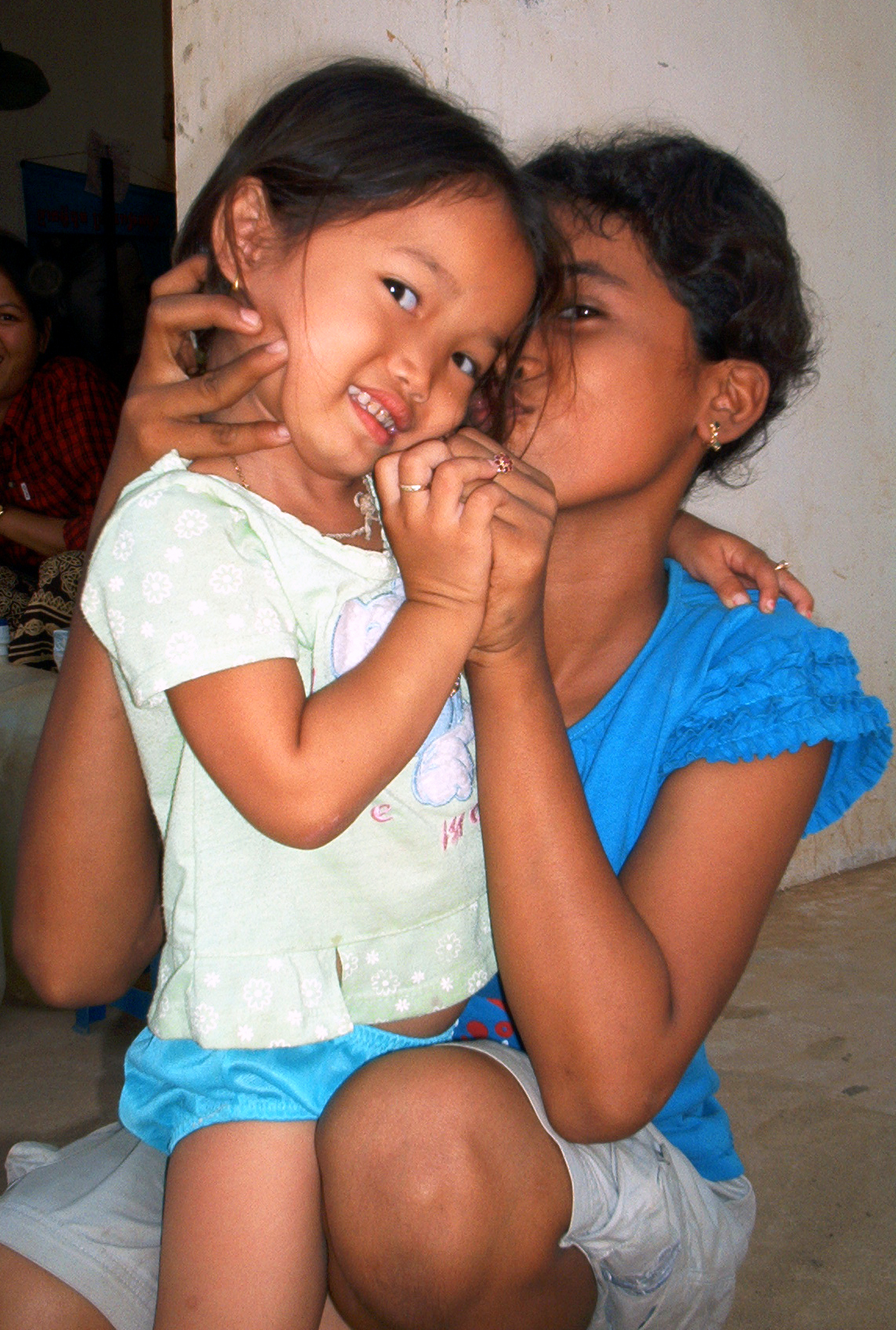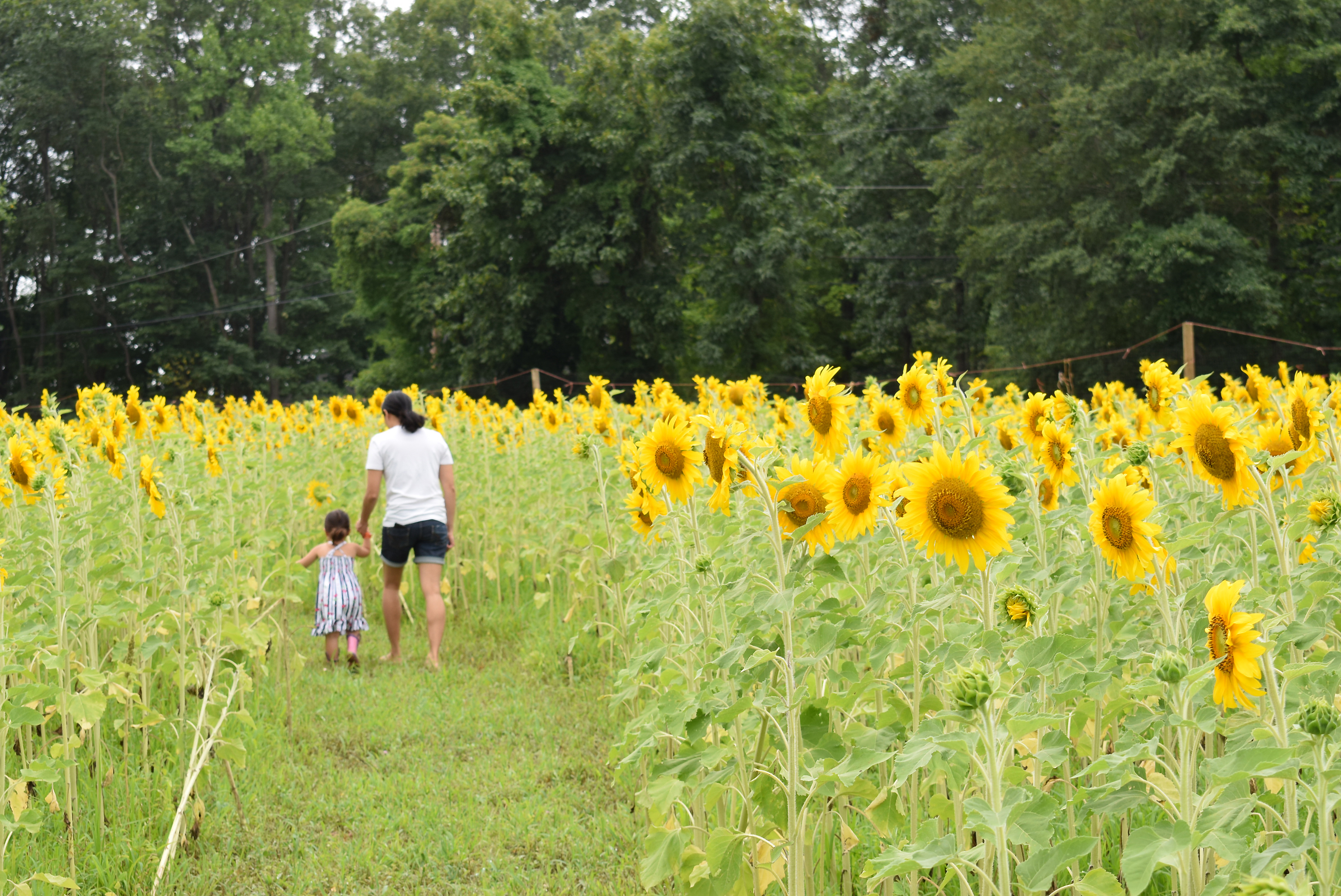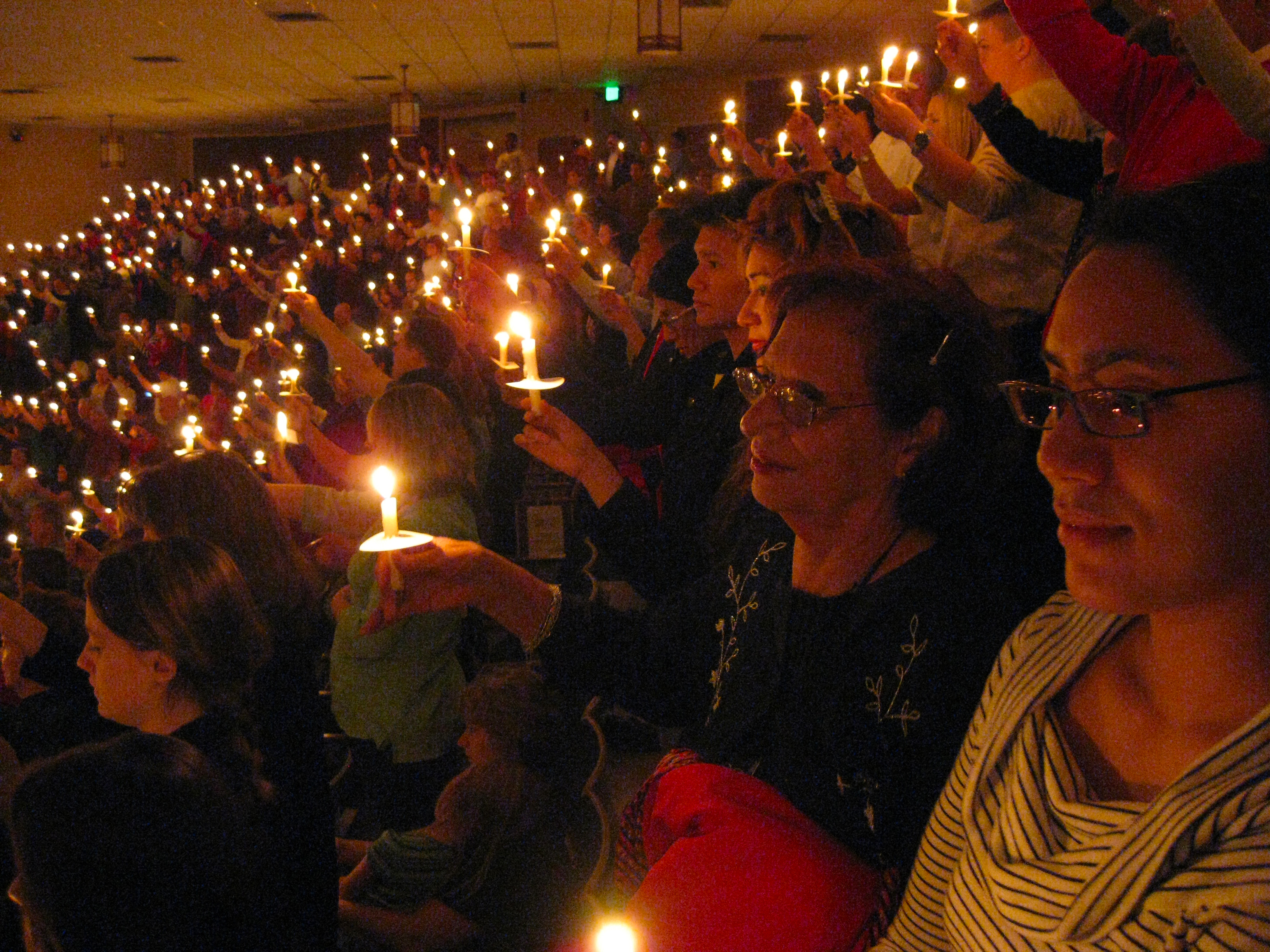Three men were walking together from lunch one day. Two of the men were not religious. One of the men was religious. Along came a stranger in their direction. He was wearing biker gear, had a shaved head with tattoos covering his neck, and a chain wallet. Once the menacing looking fellow was out of earshot, one of the non-religious men looks at the other two and says, “Man, that guy looked like trouble.” The other responds, “Yeah, he was a scary.” The religious fellow responds to his friends, “What man?”
As people of faith we are called to fear less. The command not to fear is given 365 times in the Bible. Over and over again that’s what God is saying across the ages. But, we fear anyway. We fear all kinds of things. Nomophobia is a fear of losing cell phone contact. Gamophobia is the fear of getting married. We joke about scary in-laws, but syngenesophobia refers to the fear of relatives. And, this one is risky to mention, but ecclesiophobia is the fear of going to church. (Not one of you better use this one next time you miss worship.)
Thankfully most of us don’t fear cheese, birds, or the moon because there would be some pretty difficult implications for our lives. But, we do fear civil unrest, political strife, personal rejection, loss, financial insecurity, and making big mistakes. The truth is that our biggest mistakes are often the result of fear. God has been trying to help us see that since the beginning of time. When we choose fear over love, despair over hope, exclusivity over inclusivity, we are at odds with the good news of the Gospel and we are succumbing to fears.
National fear and unrest is at all-time high. What do we, Gospel-people, do in times like these? One temptation is paralysis; to lay low and wait for the storm of unrest to blow over. Another temptation is to blame and point and proclaim that “I” am not the problem; to pass off responsibility. But, we are reminded 365 times, to fear not. Why? Most often the answer follows the “fear not” and has something to do with God being with us, something to do with good news, something to do with God.
“Fear not,” is also used when there’s hard work to be done that nobody wants to do or knows how to do. “Fear not,” is what gets communicated to us before a burden gets laid on us. We are keenly aware of menacing forces in our world, our country, and our own lives that tempt us to forget the call to fear less as people of faith.
The man of faith responded to the fear of his friends, “what man?” He didn’t see what there was to be afraid of because he looked at the world through a different lens. He looked through eyes that knew God; knew God doesn’t have strangers, knew God doesn’t see our differences the same way we do; knew God loves us beyond the surface, beyond ethnicity, beyond nationality, beyond religion—all of us.
To Jesus-followers, partisan isn’t most important. People are. We get to fear not and love hard. We get to not make our biggest mistakes because of fear. We get to stand on the foundation of God-with-us and do the work God calls us to. That’s the beauty of faith and it’s a gift for which we can be grateful.











